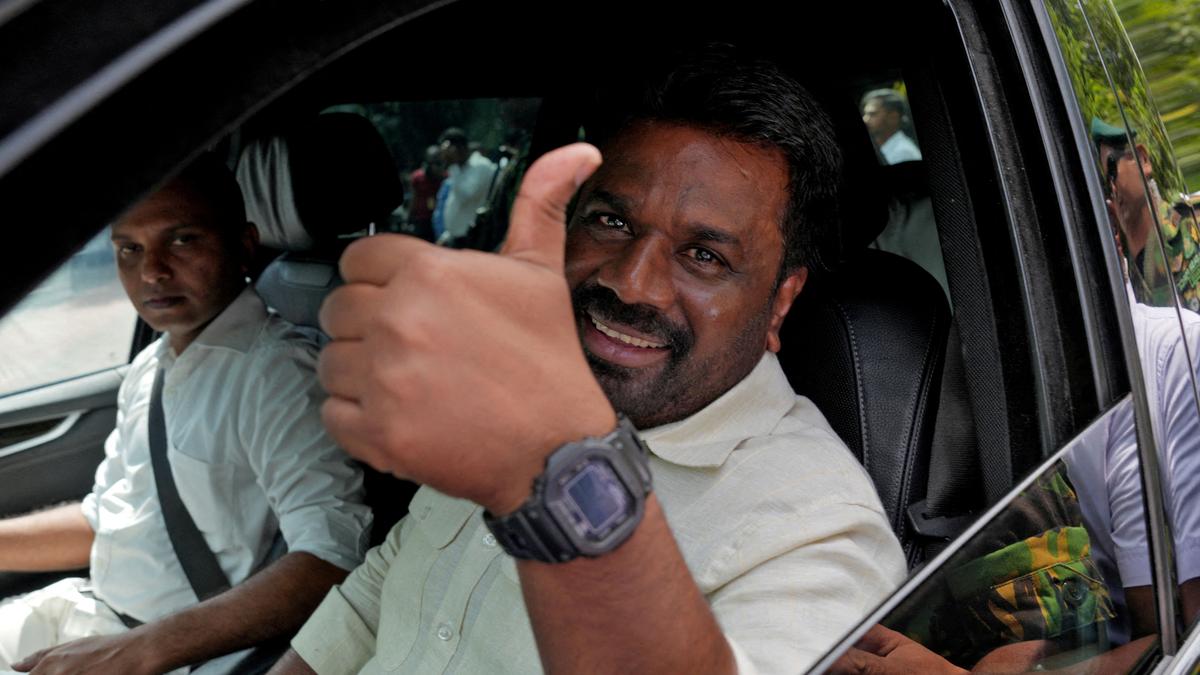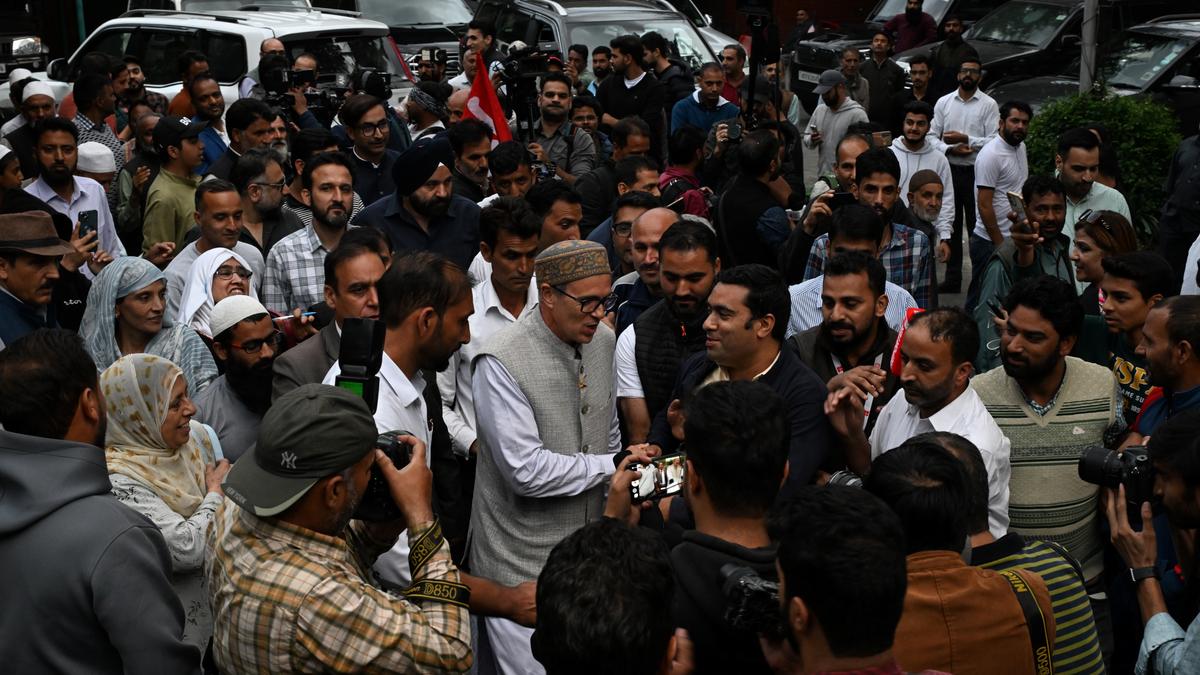

Lemmy is older than the Reddit exodus, and historically had stricter moderation. When the exodus happened, the OG lemmy users saw the newcomers as rude at best, and various forms of bigots at worst. So ‘go back to Reddit’ is short-hand for ‘such talk is not welcome here’.













With actual medicines, or horse dewormer?
You know, the communist nations, whatever their faults, have moved more people out of poverty than the rest of the world combined, helped many colonies achieve independence, and sent the first man and woman to space.
Whereas anarchist nations have- oh wait they don’t even exist.
Maybe they should have read them books.